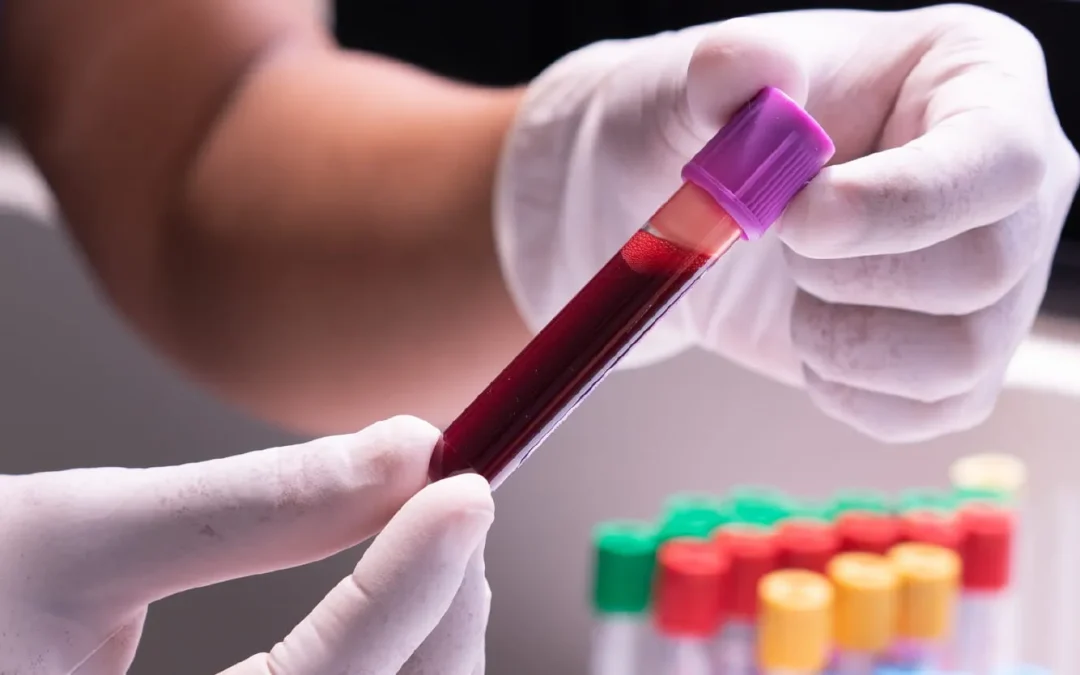Regular health checkups are crucial for maintaining good health and preventing diseases. Full body tests, also known as comprehensive health assessments, are a type of health checkup that can provide a detailed evaluation of your overall health. These tests can detect health problems before they become serious and help you take preventative measures to stay healthy. In this article, we will discuss the different types of full body tests available and what they entail.
Blood Tests
Blood tests are a common type of full body test in Dubai that can provide important information about your overall health. These tests measure various parameters such as cholesterol levels, glucose levels, liver function, and kidney function. Blood tests can also detect the presence of certain infections and diseases such as HIV, hepatitis, and autoimmune disorders.
Imaging Tests
Imaging tests, such as X-rays, ultrasounds, and CT scans, are used to visualize the internal structures of your body. These tests can help detect abnormalities and identify the presence of tumors, cysts, and other growths. Imaging tests are often used to diagnose conditions such as cancer, heart disease, and lung disease.
Heart Tests
Heart tests are a type of full body test that evaluates the health of your heart and circulatory system. These tests can detect conditions such as high blood pressure, high cholesterol, and heart disease. Some common heart tests include electrocardiograms (ECGs), echocardiograms, and stress tests.
Lung Function Tests
Lung function tests evaluate the health of your respiratory system and how well your lungs are working. These tests measure parameters such as lung capacity, airway resistance, and oxygen levels in the blood. Lung function tests can help diagnose conditions such as asthma, chronic obstructive pulmonary disease (COPD), and lung cancer.
Hormone Tests
Hormone tests are a type of full body test that evaluates the levels of hormones in your body. Hormones are chemical messengers that regulate various bodily functions such as metabolism, growth, and reproduction. Hormone imbalances can cause a wide range of health problems, including infertility, weight gain, and mood disorders. Hormone tests can help detect imbalances and identify the underlying cause.
Digestive System Tests
Digestive system tests evaluate the health of your digestive system and how well it is functioning. These tests can detect conditions such as acid reflux, irritable bowel syndrome (IBS), and inflammatory bowel disease (IBD). Some common digestive system tests include endoscopies, colonoscopies, and stool tests.
Genetic Tests
Genetic tests are a type of full body test that evaluates your genetic makeup. These tests can detect genetic mutations and abnormalities that may increase your risk of developing certain diseases such as cancer and heart disease. Genetic tests can also help identify the most effective treatment options for certain conditions.
Final Analysis
Full body tests can provide a comprehensive evaluation of your overall health and help detect health problems before they become serious. By understanding the different types of full body tests available, you can make informed decisions about which tests are right for you. Whether you’re looking to evaluate your heart health, lung function, or hormone levels, there is a full body test available to meet your needs. Talk to your healthcare provider to determine which tests are most appropriate for you and take proactive steps to maintain good health.
Read More: How Soon Can an HIV Test Detect HIV?

